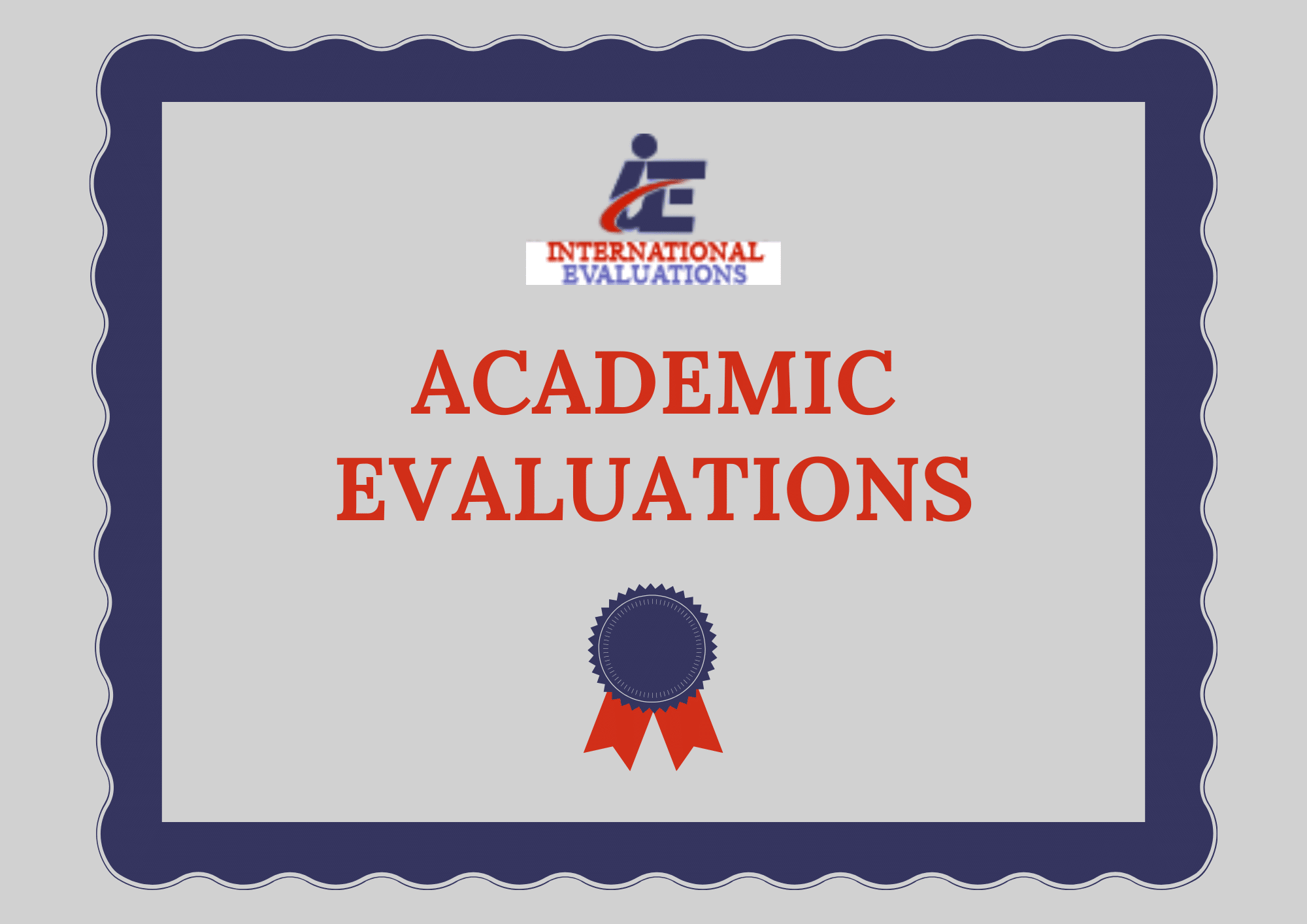Introduction
Every business owner understands that the heart of any effective business endeavor lies in a robust organization plan. But what truly separates a mediocre strategy from an exceptional one? This is where the art of business plan evaluation comes into play. Evaluating an organization strategy is not merely about confirming numbers or evaluating market trends; it's about understanding the vision behind the endeavor, evaluating its expediency, and determining prospective risks. In this post, we will explore the nuanced process involved in examining a service strategy, delving into various methods, tools, and best practices that ensure your assessment process is both thorough and insightful.
Crafting Success: The Art of Service Plan Evaluation
Evaluating a service plan requires more than just taking a look at financial forecasts or sales forecasts. It includes evaluating the marketplace landscape, comprehending the competitive environment, and determining if the proposed options efficiently deal with recognized problems. When you examine a company strategy thoroughly, you're setting a strong structure for success that can direct future techniques and operations.

Understanding Service Plans: Why They Matter
Business strategies serve as roadmaps for business owners. They articulate not just what a business intends to do however also how it plans to do it. A well-crafted company plan includes elements such as:
- Executive Summary: A photo of your business. Market Analysis: Understanding your audience. Organizational Structure: Who does what? Product Line or Services: What are you selling? Marketing Strategies: How will you draw in customers? Financial Projections: What do you expect to earn?
By assessing these components critically, stakeholders can determine whether a venture is worth investing in or pursuing further.
The Role of Academic Credential Evaluation in Business Strategy Assessment
An evaluation of credentials can substantially impact your company's trustworthiness. Academic credential evaluations assist validate instructional certifications and expert experiences of employee, adding weight to their competence in performing the business model effectively.
What Is Academic Credential Evaluation?
Academic credential evaluation involves analyzing and analyzing academic files to determine their equivalence in a different academic system. For companies running on a worldwide level, obtaining a precise evaluation is crucial to ensure compliance with local regulations and market standards.
Why Is It Important?
An effective scholastic credential evaluation:
- Ensures that employee have pertinent qualifications. Enhances trust among financiers by showcasing qualified expertise. Helps determine ability gaps within your team which could be resolved through working with or training.
International Credential Assessment Solutions and Their Importance
For services aiming to expand worldwide, international credential evaluation services end up being important. These services provide insight into how foreign qualifications stack up against domestic standards.

Benefits of International Credential Evaluation Services
Accuracy: Premium examinations provide accurate comparisons. Compliance: Help in conference local licensing requirements. Recruitment Advantage: Attract top-tier skill from around the globe.Course-by-Course Credential Evaluation for In-depth Insights
A course-by-course credential assessment dives deeper than basic evaluations by breaking down individual coursework credits into comparable U.S.-based courses.
Why Pick Course-by-Course Evaluations?
Such examinations provide comprehensive insights into particular strengths and weak points of candidates' educational backgrounds which can be beneficial when:
- Hiring specialized roles. Understanding possible training needs for group members.
Evaluating Work Experience: A Typically Neglected Aspect
While academic background is important, work experience plays a similarly crucial function in evaluating possible staff member associated with carrying out business plan.
How Do You Assess Work Experience?
When examining work experience:
Look for appropriate market exposure. Consider past achievements relative to task responsibilities. Evaluate adaptability skills based upon previous roles.Expert Viewpoint Letters: Validating Your Group's Expertise
Expert viewpoint letters are frequently utilized as supplementary files throughout evaluations to enhance claims made about certifications or experiences within a company proposal.
What Should Be Included in a Specialist Viewpoint Letter?
A clear declaration relating to the professional's credentials. An assessment associated to specific areas under review. Recommendations based upon their expertise worrying your task goals.The Process of Service Plan Evaluation: Detailed Guide
1. Preliminary Review
Start with a preliminary read-through to understand the https://rentry.co/ba8439kd general vision before diving deeper into specifics.
2. Financial Analysis
Examine monetary forecasts carefully-- are they practical? Compare them with market benchmarks.
3. Market Research Validation
Ensure there's significant research supporting market analysis claims made within the plan.
4. Risk Assessment
Identify possible risks outlined within the proposal-- are they legitimate concerns?
5. Stakeholder Feedback
Engage with essential stakeholders throughout the evaluation procedure for diverse perspectives on expediency and execution strategies.
Common Mistakes in Service Strategy Evaluations
Even skilled evaluators might neglect particular aspects resulting in problematic conclusions about practicality:
Overemphasis on Numbers Without Context. Ignoring External Economic Factors That May Impact Success. Underestimating Market Competition Dynamics. Failing To Validate Group Qualifications Properly Through Academic Credential Evaluations or Work Experience Analysis.FAQs About Company Strategy Evaluations
Q1: What makes up a strong organization plan?
A strong business plan includes clear objectives, comprehensive market analysis, realistic monetary projections, and distinct methods for execution while attending to prospective threats effectively.
Q2: How long should my business plan be?
While there's no conclusive answer given that it depends upon intricacy, the majority of detailed plans vary from 20 to 50 pages long-- long enough to cover all needed details without overwhelming readers.
Q3: Can I evaluate my own company plan?
Yes! However, looking for external feedback brings fresh viewpoints that might reveal neglected defects or chances that improve total viability assessments significantly!
Q4: How often need to I update my company plan?
Regular updates are essential-- preferably every six months-- to align with developing market conditions and internal changes affecting business direction!
Q5: Exist software tools readily available for examining my service plan?
Absolutely! Numerous platforms use templates alongside analytical tools designed specifically for detailed assessments varying from monetary modeling software application like LivePlan to collaborative platforms like Bizplan!
Q6: Need to I include third-party evaluators throughout this process?
Involving external specialists can offer unbiased insights while making sure thoroughness throughout all areas-- especially if you're navigating intricate regulative environments!
Conclusion
In conclusion, mastering the art of assessing an organization plan is essential to crafting success in any entrepreneurial venture. By employing diverse approaches such as scholastic credential examinations and leveraging skilled opinions, you lead the way towards notified decision-making that aligns with your strategic goals while reducing dangers along the method! Remember-- every information counts; don't neglect aspects like course-by-course analyses or work experience recognitions-- they may extremely well hold secrets toward unlocking future development!
In today's fast-paced world where competitors is plentiful at every turn, standing out at this essential phase lays structures upon which sustainable success can grow! So roll up those sleeves; dive deep into your assessments; craft plans that resonate not just with investors but likewise inspire groups who will bring visions alive!